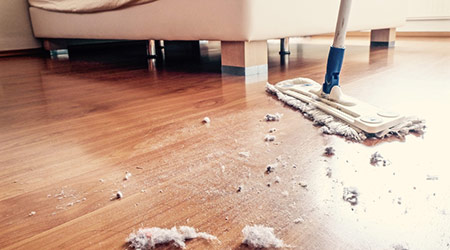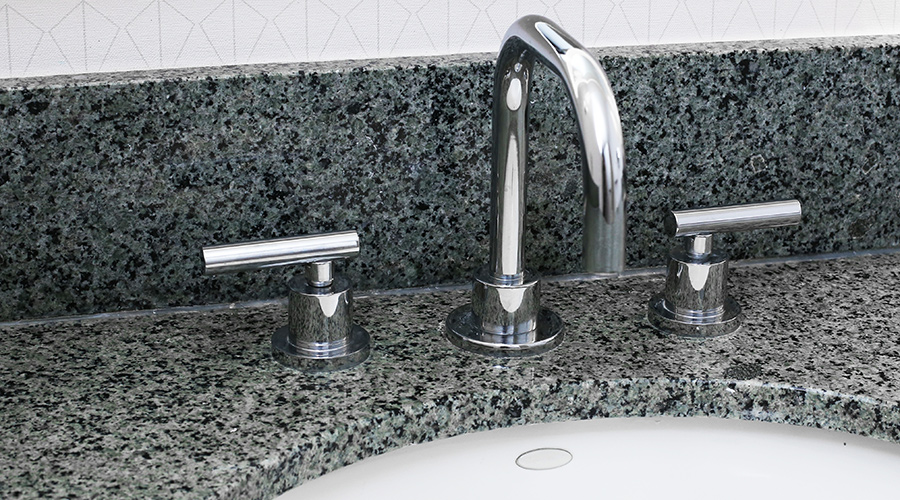The sun’s rays coming through windows can kill some bacteria that live in dust, according to a recent study published in the open access journal Microbiome.
University of Oregon researchers found that in dark rooms an average of 12 percent of bacteria were viable. But only 6.8 percent of bacteria exposed to daylight and 6.1 percent of bacteria exposed to UV light were viable, according to study data.
Dust kept in the dark contained organisms closely linked to some respiratory diseases. But the same organisms were largely absent in dust exposed to daylight.
The study found that less human skin-derived bacteria and more outdoor air-derived bacteria lived in dust exposed to light than in dust not exposed to light. This could suggest that daylight causes the bacteria in indoor dust to resemble those found outdoors, according to a report on the Infection Control Today website.

 From Downtime to Data: Rethinking Restroom Reliability in Healthcare
From Downtime to Data: Rethinking Restroom Reliability in Healthcare LeChase Building Four-Story Addition to UHS Delaware Valley Hospital
LeChase Building Four-Story Addition to UHS Delaware Valley Hospital AdventHealth Sebring Breaks Ground on Expansion Project
AdventHealth Sebring Breaks Ground on Expansion Project Regulations Take the Lead in Healthcare Restroom Design
Regulations Take the Lead in Healthcare Restroom Design AHN Allegheny Valley Hospital Opens Expanded Inpatient Rehabilitation Unit
AHN Allegheny Valley Hospital Opens Expanded Inpatient Rehabilitation Unit